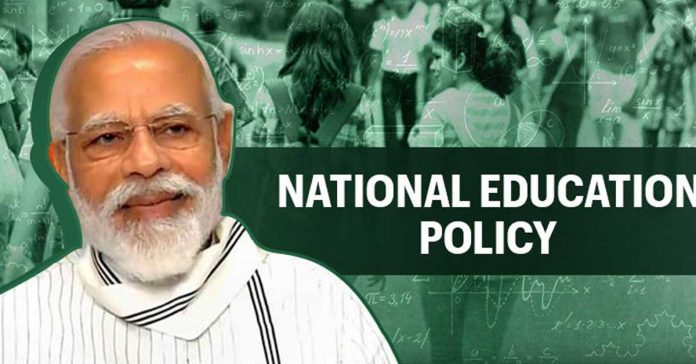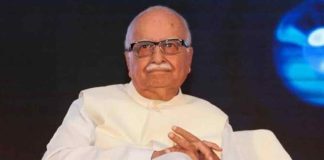Prime Minister Narendra Modi through live video conference inaugurated a program that is supposed to bring changes in Higher Education under National Education Policy, on 7th August, 2020. He explained how NEP 2020 helps Indian students to achieve their dreams.
The conclave was organized by the University Grants Commission, UGC and Ministry of Human Resource Development, MHRD and attended by Education Minister Dr Ramesh Pokhriyal Nishank, Minister of State Sanjay Dhotre, vice-chancellors, Principals and Heads of various higher education institutes.
The program includes discussions regarding the new initiatives that have been introduced under the new National Education Policy announced by the government in the past week. PM started his speech by remembering the Rabindranath Tagore’s and APJ Abdul Kalam’s contributions to Indian Education System.
The highlights of PM’s video conference.
- Global Citizens through 5+3+3+4 Model:According to him the new education strategy helps the students to match with the social and technological status of the world.The introduction of the 5+3+3+4 model would help them match the global standards of education.
- The difference from old education policy: PM Modi explained how the NEP focuses on How to think as opposed to what to think being followed by previous education models in India. One knows that there is no dearth of information available now and through the New Education Policy the child would earn how to choose between the available information as per his requirement.
- Research and Technology focused:The new policy would help the students to focus on coding, research and technicalities necessary to make the students global citizens. It would bridge the gap between technology and education in India, said the PM. Innovation and Adaptation are the values that must commence from the colleges in India.
- Quality Education:India is split on the topic of autonomy. One school of thought says that the government should have the say in the education institutes while the other believes every institute should have freedom. The way to quality-education goes from these schools of thought. The institutes which will work more on quality education will be given more freedom as a reward. This will increase the quality and encourage higher education institutes to grow.
- Teachers Training:NEP takes care of the dignity of teachers as well. NEP also focuses on teachers training because “when a teacher learns, the nation leads,” said the PM.
- Institutes to lead:Higher Education institutes need to lead the others to a better education system. PM requested the higher education institutes to conduct webinars, seminars and brainstorming sessions for the implementation of NEP 2020.
- Classes in mother tongue: We need to make our students into global citizens and yet be rooted in their culture. The learning power of students will improve if the language they speak in and the language in which lessons are taught in school is the same. That is why we have recommended teaching in the mother tongue as far as possible – at least class 5. This will strengthen their foundation said PM.
- Multiple Exit Option in NEP 2020: The prime focus of the New education Policy is on the multiple exit option available to the students which would help them choose their courses as per their jobs, said the PM. He explained how many times a student find out the course he pursued does not match his job profile. The Multiple Exit option would allow the student to take a break from the current course and pursue a more apt course suitable for the job he/she is pursuing.
About NEP 2020
In NEP 2020, the existing 10+2 Structure would be modified to 5+3+3+4 structure where the first three years would be formative play school years of nursery and Kindergarten. The structure would cover children from the age of 3 to 18 years of age. Also, 4 years for higher secondary would get a lift up – Arts, Commerce, Science would be removed. NEP offers a more flexible study route, letting students pick and choose their academic journey rather than conforming to the set standards and norms. With the multiple entries and exit options and a 4-year degree option, students would be able to move towards more research-based learning, eventually and hopefully at par with the higher education structure of aboard.
ALSO READ: New Education Policy 2020: Highlights




